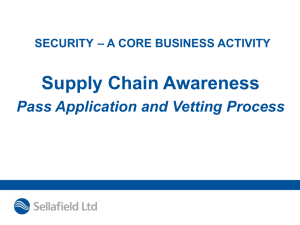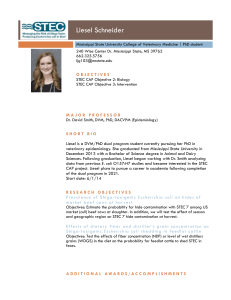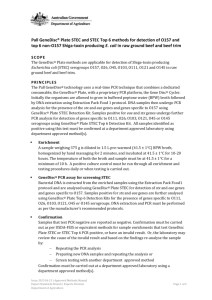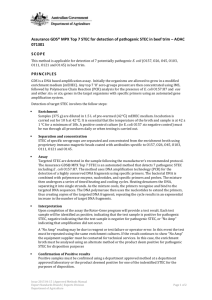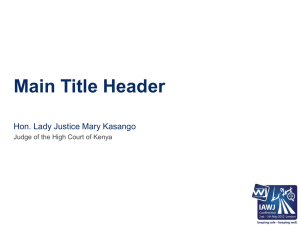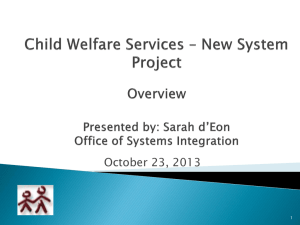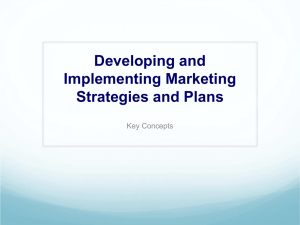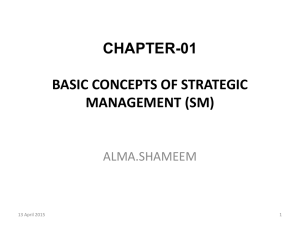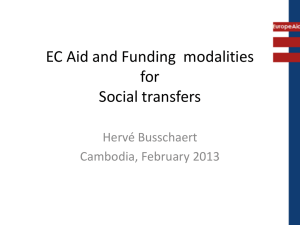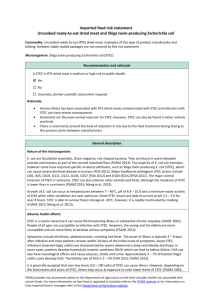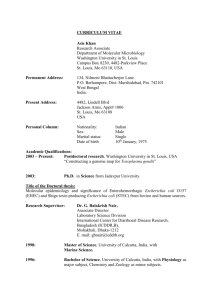Stakeholder Matrix
advertisement
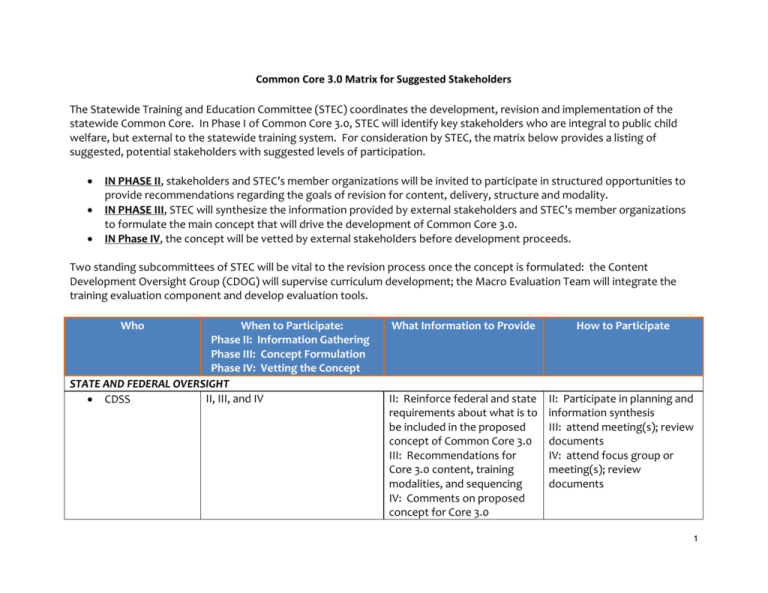
Common Core 3.0 Matrix for Suggested Stakeholders The Statewide Training and Education Committee (STEC) coordinates the development, revision and implementation of the statewide Common Core. In Phase I of Common Core 3.0, STEC will identify key stakeholders who are integral to public child welfare, but external to the statewide training system. For consideration by STEC, the matrix below provides a listing of suggested, potential stakeholders with suggested levels of participation. IN PHASE II, stakeholders and STEC’s member organizations will be invited to participate in structured opportunities to provide recommendations regarding the goals of revision for content, delivery, structure and modality. IN PHASE III, STEC will synthesize the information provided by external stakeholders and STEC’s member organizations to formulate the main concept that will drive the development of Common Core 3.0. IN Phase IV, the concept will be vetted by external stakeholders before development proceeds. Two standing subcommittees of STEC will be vital to the revision process once the concept is formulated: the Content Development Oversight Group (CDOG) will supervise curriculum development; the Macro Evaluation Team will integrate the training evaluation component and develop evaluation tools. Who When to Participate: Phase II: Information Gathering Phase III: Concept Formulation Phase IV: Vetting the Concept STATE AND FEDERAL OVERSIGHT II, III, and IV CDSS What Information to Provide How to Participate II: Reinforce federal and state requirements about what is to be included in the proposed concept of Common Core 3.0 III: Recommendations for Core 3.0 content, training modalities, and sequencing IV: Comments on proposed concept for Core 3.0 II: Participate in planning and information synthesis III: attend meeting(s); review documents IV: attend focus group or meeting(s); review documents 1 Who When to Participate: Phase II: Information Gathering Phase III: Concept Formulation Phase IV: Vetting the Concept What Information to Provide How to Participate TRAINERS COUNTY STAFF Management/ Leadership Supervisors III, and IV III: Recommendations for Core 3.0 content, training modalities, delivery, and content sequencing IV: Comments on proposed concept for Core 3.0 III: attend meeting(s); review documents IV: attend focus group; review documents II, III, and IV II: County management perspective regarding application of existing Common Core to practice needs III: Recommendations for Core 3.0 content, training modalities, and content sequencing IV: Comments on proposed concept for Core 3.0 II: Supervisory perspective regarding application of existing Common Core to individualized staff development and practice needs IV: Comments on proposed concept for Core 3.0 II: attend focus group or structured interview III: attend meeting(s); review documents IV: attend focus group or meeting(s); review documents II and IV II: attend focus group or structured interview IV: attend focus group or meeting(s); review documents 2 Who When to Participate: Phase II: Information Gathering Phase III: Concept Formulation Phase IV: Vetting the Concept Social Workers (to IV include current staff and those who recently completed core) II, III, and IV Rural Counties COURT REPRESENTATIVES IV Judges, Attorneys, CASAs What Information to Provide How to Participate II: Perspective about content, modality, and subjective experience of learning acquisition through the existing Core II: Perspective regarding content and modality for needs of small, rural counties III: Recommendations for Core 3.0 content, training modalities, and content sequencing IV: Comments on proposed concept for Core 3.0 IV: attend focus group or meeting(s); review documents IV: Comments on proposed concept for Core 3.0 IV: attend focus group or meeting(s); review documents II: attend focus group or structured interview III: attend meeting(s); review documents IV: attend focus group or meeting(s); review documents 3 Who When to Participate: Phase II: Information Gathering Phase III: Concept Formulation Phase IV: Vetting the Concept TRIBAL REPRESENTATIVES IV Tribes SERVICE PROVIDERS Mental Health, Public Health, Education, etc. UNIONS Unions IV IV What Information to Provide How to Participate IV: Perspective regarding what should be taught in Common Core to improve tribes’ experience with CWS; Comments on proposed concept for Core 3.0 IV: attend focus group or meeting(s); review documents III. Recommendations for Core 3.0 regarding how best to integrate training and practice issues with the mental health, public health, and educational systems IV: Recommendations for Core 3.0 regarding how best to integrate training and practice issues with the mental health, public health, and educational systems; Comments on proposed concept for Core 3.0 IV: attend meeting(s); review documents IV: Comments on proposed concept for Core 3.0 as related to labor issues IV: attend meeting(s); review documents 4 Who When to Participate: Phase II: Information Gathering Phase III: Concept Formulation Phase IV: Vetting the Concept CHILD WELFARE SERVICES PARTICIPANTS IV Parents Youth CAREGIVERS Foster Parents & Kinship Families, Foster Family Agencies IV IV What Information to Provide How to Participate II: Perspective regarding what should be taught in Common Core to improve parents’ experience with CWS IV: Comments on proposed concept for Core 3.0 IV. Perspective regarding what should be taught in Common Core to improve youths’ experience with CWS IV: Perspective regarding what should be taught in Common Core to improve youths’ experience with CWS ; Comments on proposed concept for Core 3.0 II: Attend focus group IV: attend focus group or meeting(s); review documents IV: Perspective regarding what should be taught in Common Core to improve caregivers’ experience with CWS on behalf of children and families; Comments on proposed concept for Core IV: attend focus group or meeting(s); review documents IV: attend focus group or meeting(s); review documents 5 3.0 OTHER STAKEHOLDERS 6
